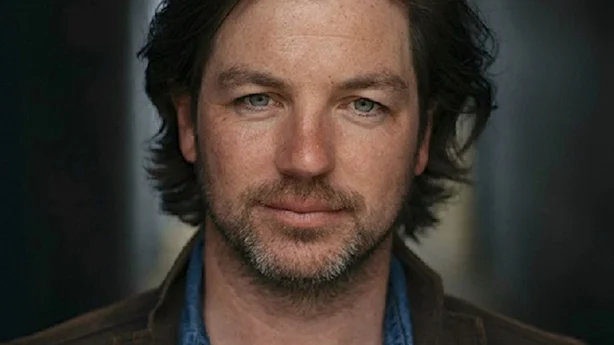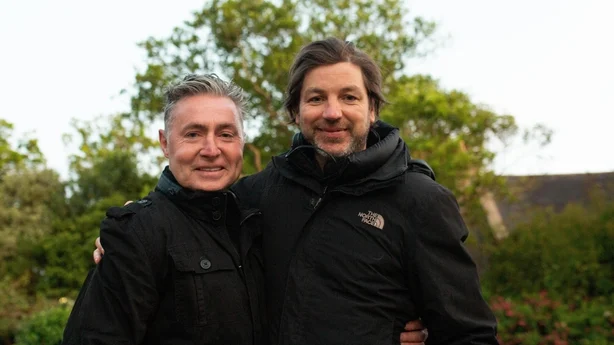Filmmaker Michael Kinirons introduces his directorial debut The Sparrow, a haunting family drama lensed in West Cork, which opens in selected cinemas nationwide this weekend.
I'm sure it’s something to do with the fact that I’m the youngest of a family of seven kids that I’m drawn to stories about families during times of crisis. I previously wrote an Australian psychological thriller called Strangerland starring Nicole Kidman about a husband and wife who fall apart in the immediate aftermath of their kids going missing in the outback. Next year, fingers crossed, the great Irish director Aisling Walsh will direct a script of mine about the relationship between Lucia Joyce and her father James; the Joyces being the Irish dysfunctional family par excellence.
In The Sparrow, my debut film as director, I’m exploring what happens to a family when the feminine is repressed and secrets are allowed to fester.
My wife, Alicia Ní Ghráinne, produced the film. We moved to the village of Baltimore in West Cork in 2014, intending to stay for a couple of months, but like so many people who have ending up there, we fell in love with the place and decided to stay for good.

and intense cinematic experience and a real emotional rollercoaster.'
The Sparrow was conceived in and written specifically to be shot in and around Baltimore, and we finally managed to get it in the can in the latter stages of the lockdown. So many of the locations were within a stone's throw of our front door, which allowed us to create a really special atmosphere during production, which we hope translates onto the screen. It was really important that we captured the spirit of the people as well as the spectacular natural beauty surrounding us, and we’ll always be incredibly grateful for the support of the local community in Baltimore and Skibbereen.
The film deals with some dark material but the intention is never to bore or wallow in something heavy for the sake of it
A huge part of the joy of making this film was getting to bring an incredibly talented cast and crew down to Baltimore. I was super lucky to be get to collaborate with some of Ireland finest actors, both established and emerging, from the great Aisling O’Sullivan to Cork’s next-big-thing Éanna Hardwicke. And of course, getting to work with an icon of Irish cinema like David O’Hara was just a privilege. I can still remember the first time I saw his extraordinary performance in Braveheart as a young teenager in Mullingar, and how for weeks afterwards my friends and I went around town proclaiming "It’s my island!"

All these great performances are anchored around newcomer Ollie West’s tour-de-force central performance as Kevin. In the film, Kevin is the black sheep in a male dominated household whose deceased mother’s memory is shrouded in shame. When crisis hits, Kevin struggles to face the consequences of his actions due in large part to the kind of masculine environment he has been brought up in. It’s this notion of the inevitable return of the repressed from one generation of a family to the next that really intrigues me. Ultimately the story is a kind of modern-day Greek tragedy that asks the audience to root for a character who is trying to cover up a terrible secret.
Like my other scripts, the film deals with some dark material but the intention is never to bore or wallow in something heavy for the sake of it but rather to grip an audience with a taut, compelling dramatic situation that plays like a thriller. Even with something that’s considered a drama, I think it’s vital that we offer audiences a heightened and intense cinematic experience and a real emotional rollercoaster. And perhaps, in the end, we can even offer some hope that we can overcome the tragedies that befall us.
The Sparrow is in selected cinemas nationwide from July 5th
Disclaimer: The copyright of this article belongs to the original author. Reposting this article is solely for the purpose of information dissemination and does not constitute any investment advice. If there is any infringement, please contact us immediately. We will make corrections or deletions as necessary. Thank you.






